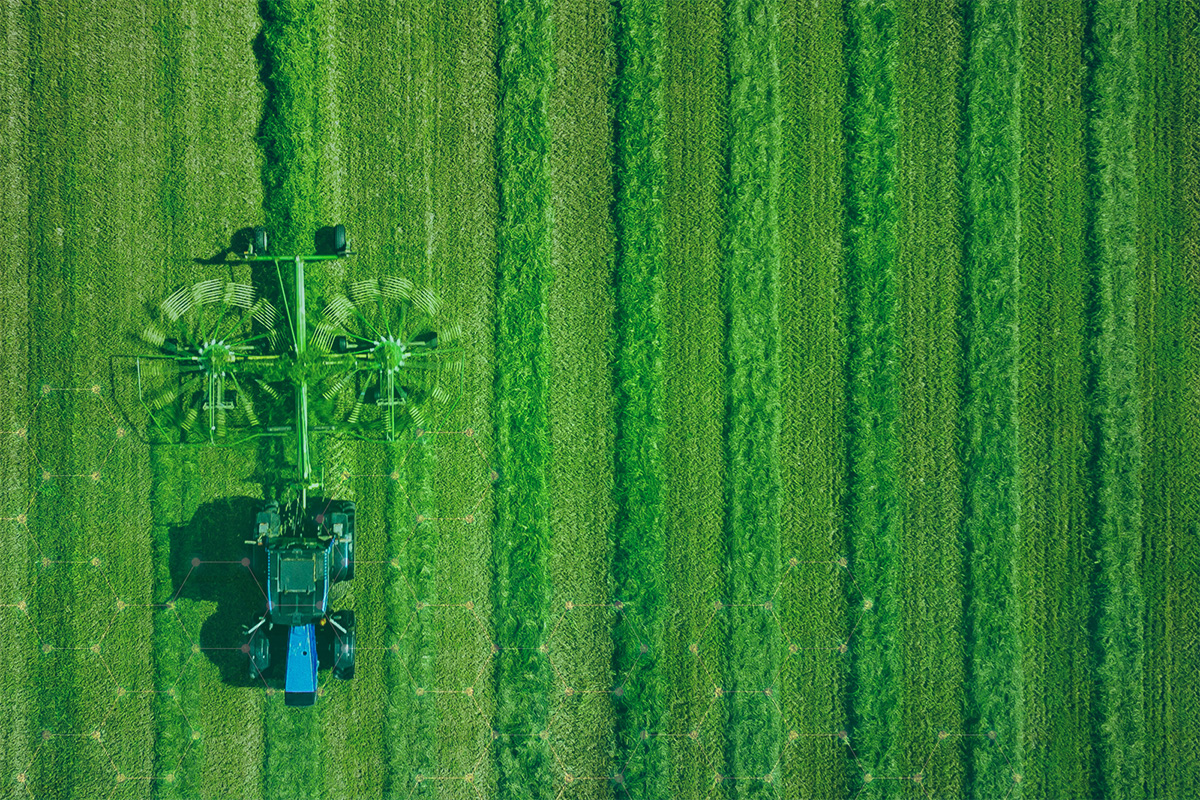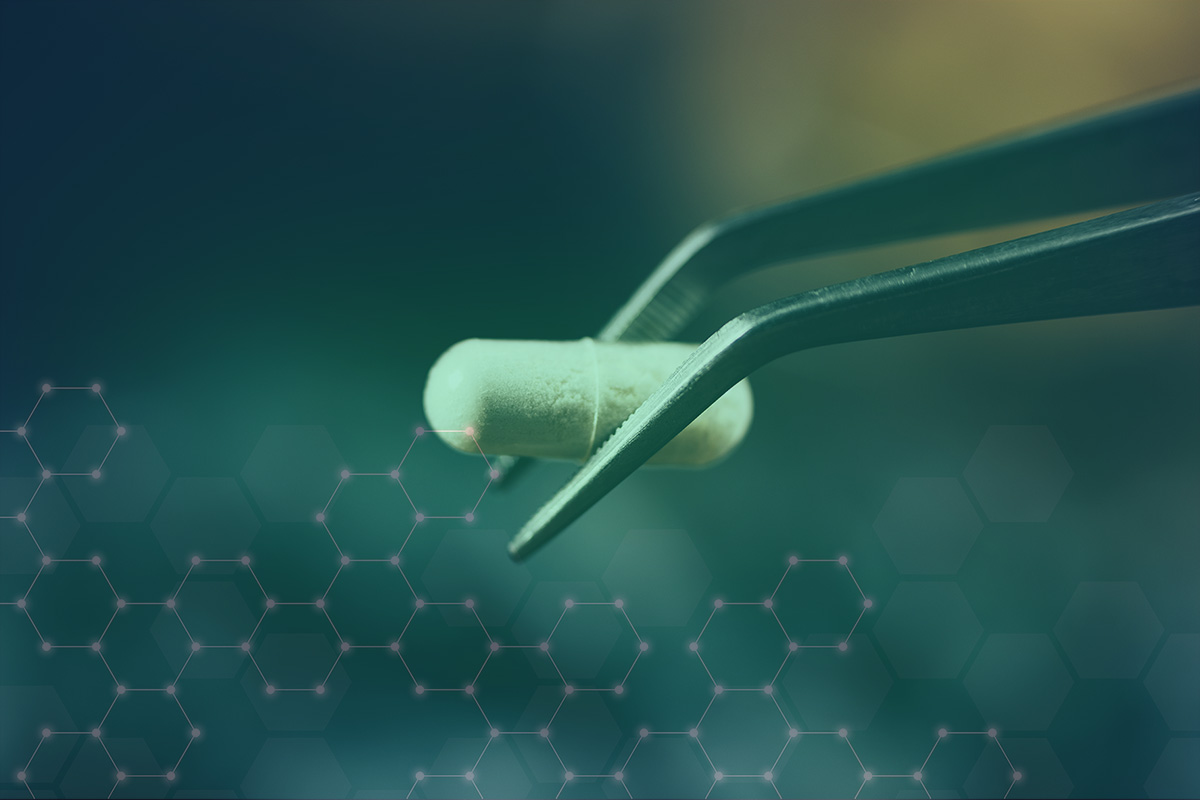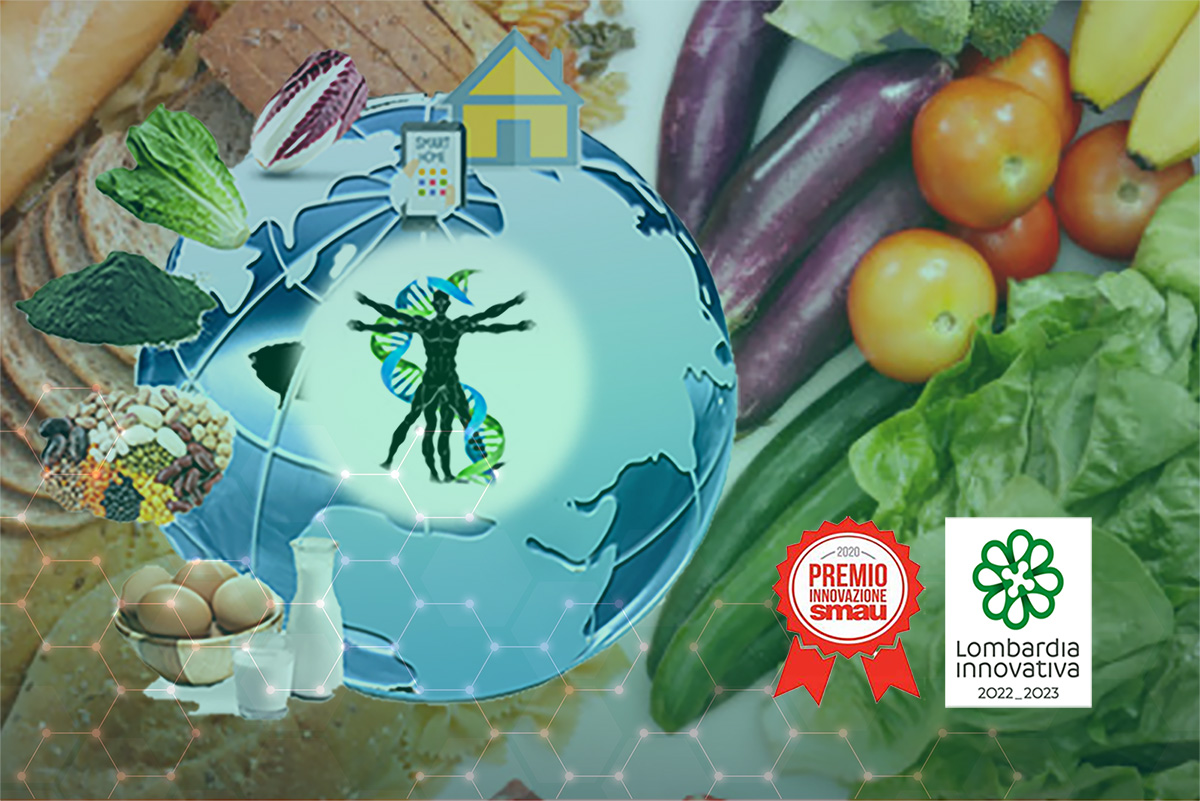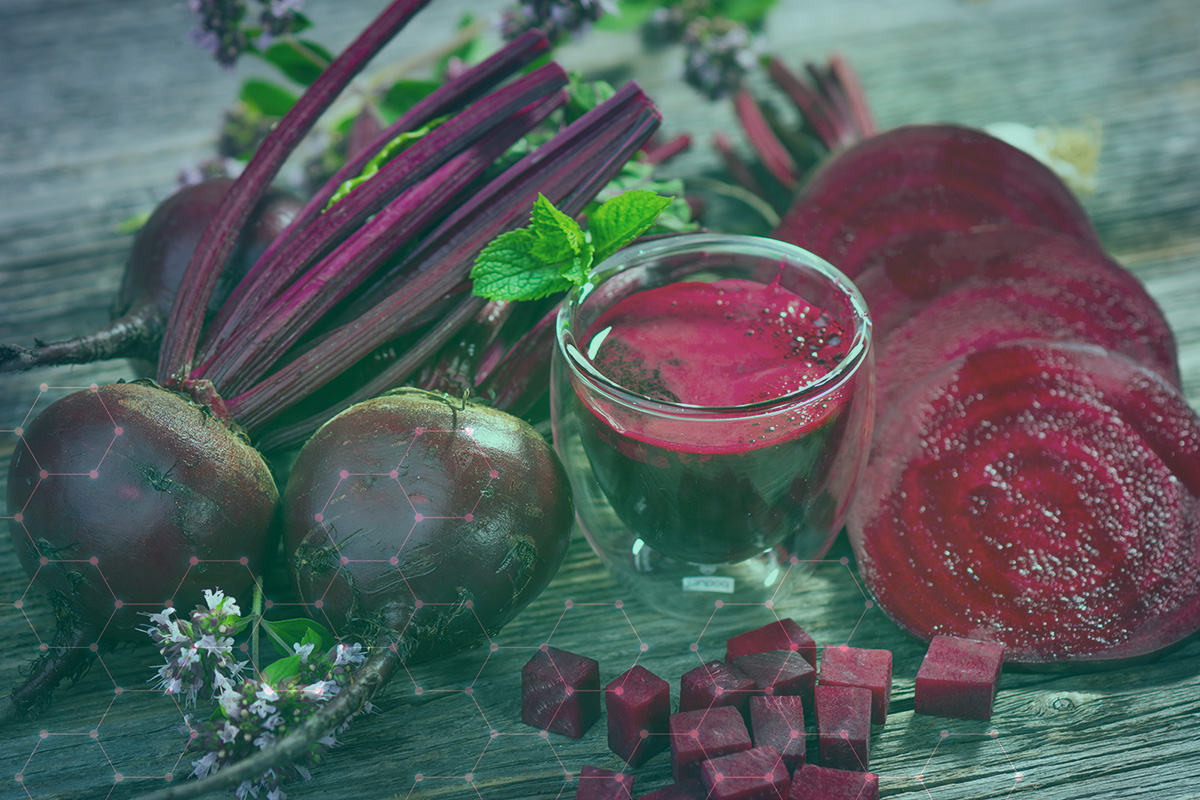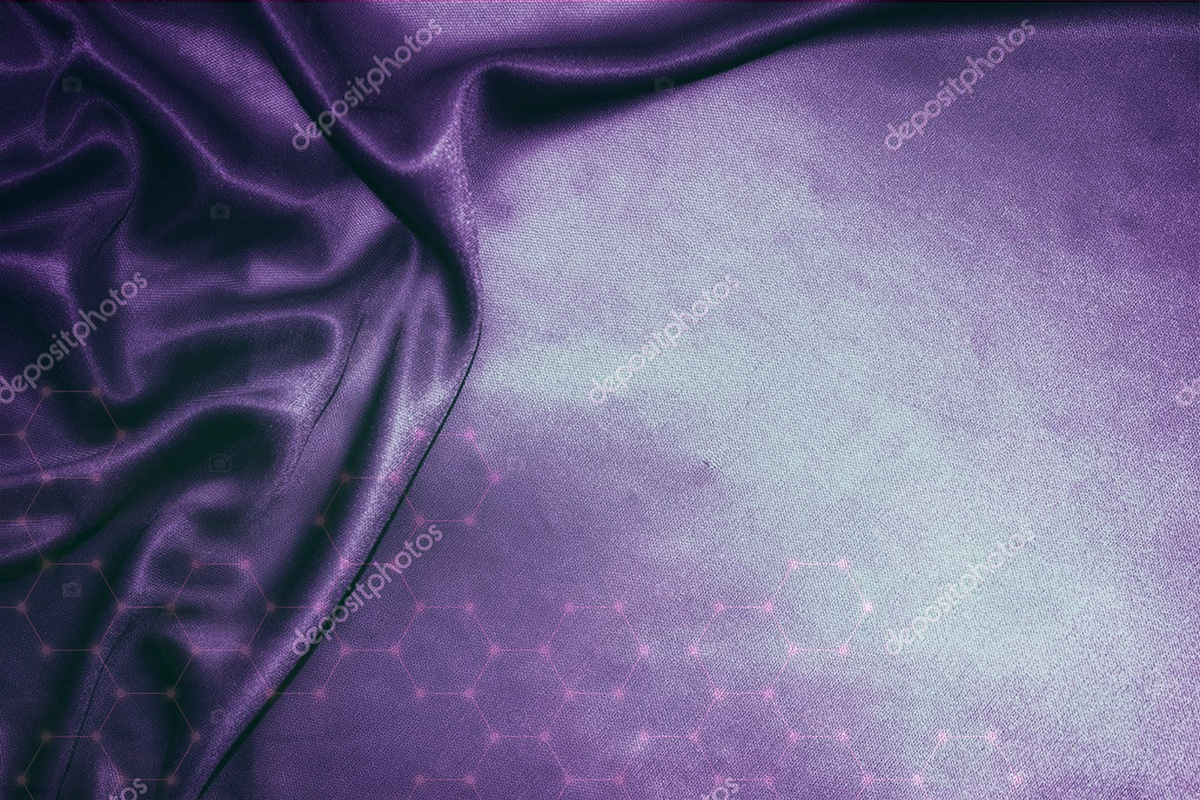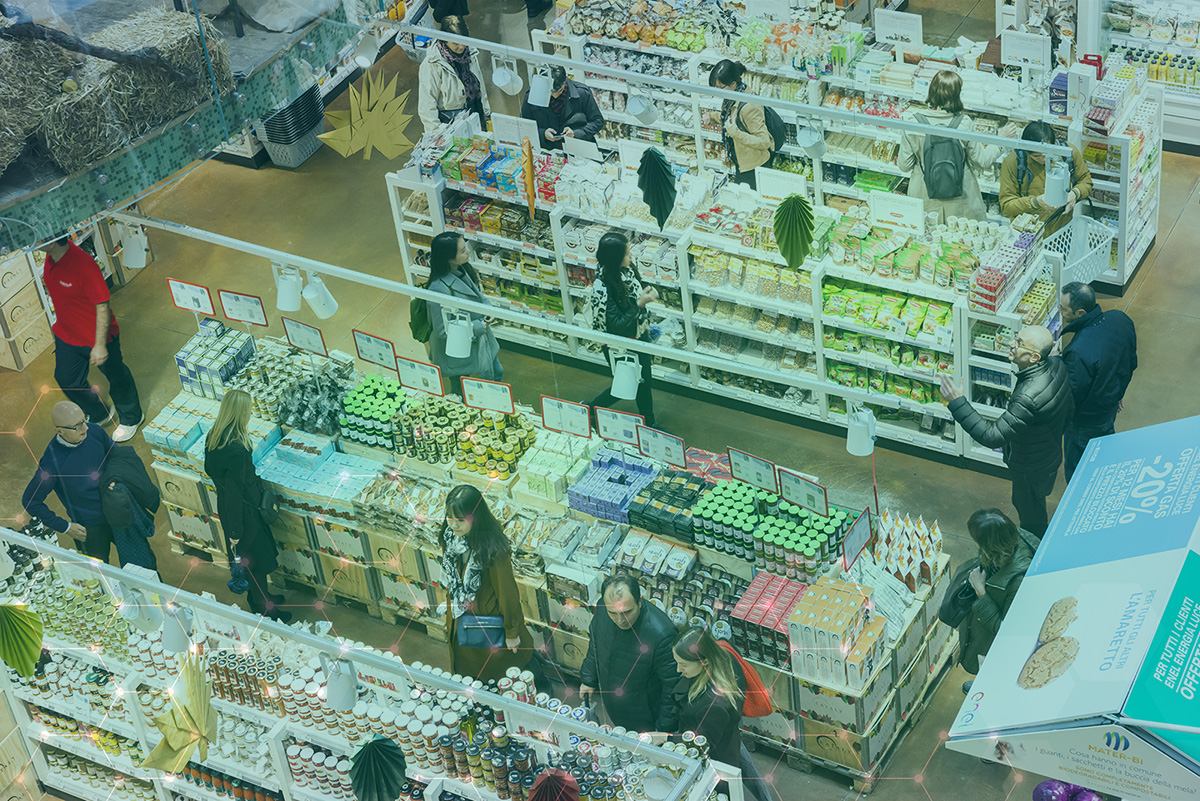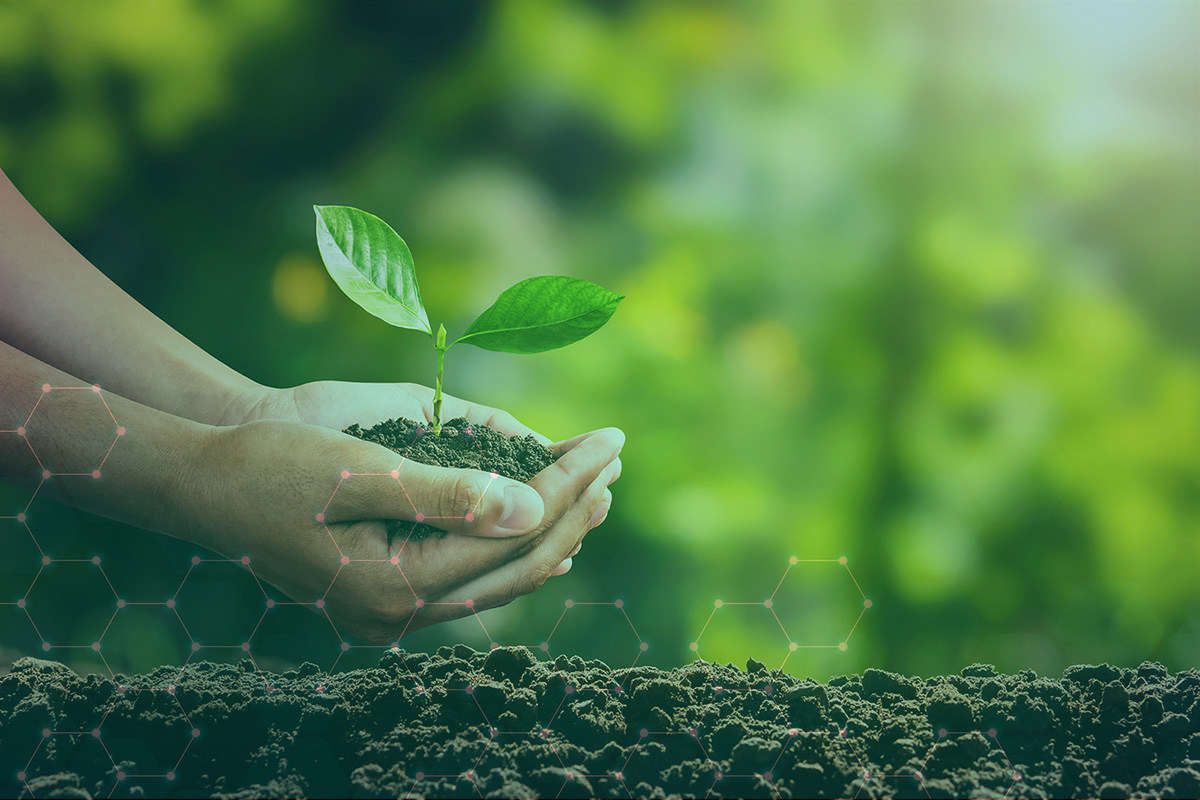NATURHA: Food supplements from waste vegetable matrices combined with probiotics with beneficial effect on the immune system of the elderly
The general aim of the project was the production of new functional ingredients capable of improving the nutritional status and well-being of elderly consumers with metabolic disorders related to intestinal absorption and an ineffective immune response. The project has been designed with three integrated actions:
1) Extraction and identification of polysaccharides with prebiotic effect and of phenolic compounds with antioxidant and anti-inflammatory action from agricultural or industrial waste. As part of this action, FLANAT has developed an innovative and eco-compatible extraction process which allows to obtain vegetable metabolites using aqueous solvents. Thanks to industrial research actions, the extraction phase will be optimized both on a pilot and pre-production scale.
2) Enhancement of the beneficial effect of prebiotics through the combination with probiotics. The goal is to obtain an integrated food with a symbiotic and/or synergistic action capable of acting on the immune system of the elderly, and on collateral effects such as constipation and localized inflammation.
3) Effectiveness of supplements.
Project goal has been food supplements capable of stimulating the immune system of the elderly, subjected to frequent respiratory infections, oxidative stress, chronic diseases, and inflammation.
ASSESSMENT OF DIFFERENT AGRICULTURAL WASTE AND FOOD CHAIN CO-PRODUCTS
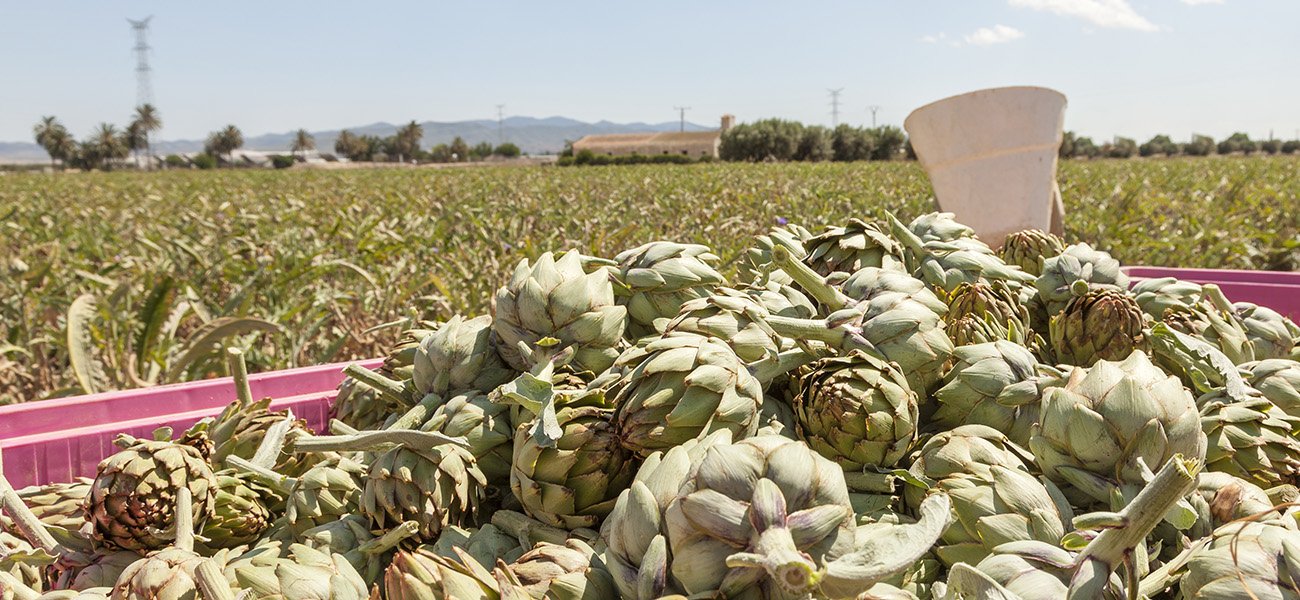
An exhaustive evaluation of various agricultural waste and by-products of the food chain was conducted considering:
i) availability in Lombardy and on the national market,
ii) the environmental impact ed
iii) the value/cost (recovery, transport, processing) both on a local and national scale.
On the basis of the results, some interesting matrices were taken into consideration and among these 4 were identified, of which 2 were horticultural (artichoke and chicory), and 2 arboreal (apple and olive). However, the data search highlighted a certain difficulty in obtaining production waste from both the olives and the apple tree, both in terms of supply on a regional scale and in terms of cost. For this reason these matrices have been replaced with chestnut waste, which in addition to offering a greater quantity of usable by-product, also present a diversity of matrices ranging from the fruit to the husk up to the leaves and more cellulosic portions. The project theme considered this choice more appropriate and above all with greater possibilities of innovation and originality (raw material not very present on the market, therefore innovative) than what was written in the drafting phase. It is important to underline that the choice of these crops and their waste was not limited to the search for already known or new prebiotic polysaccharides, but the value was also considered
general of the phytocomplex. For example, the waste deriving from artichoke processing (such as the bracts, leaves and parts of the stem) are rich both in prebiotic compounds such as fructans, and in phenols such as flavonoids and acids belonging to the hydroxycinnamic group, which can have an anti-oxidant and anti-inflammatory. In addition to artichoke and chestnuts, chicory has also been studied within the project. It is the most common raw material for the production of inulin, but it is also rich in inorganic trace elements, vitamin K and numerous polyphenols. In the project, the chicory extract was mainly used as a reference matrix, because it was not considered as innovative as the other studied extracts.
SECONDARY METABOLITES EXTRACTION METHODS
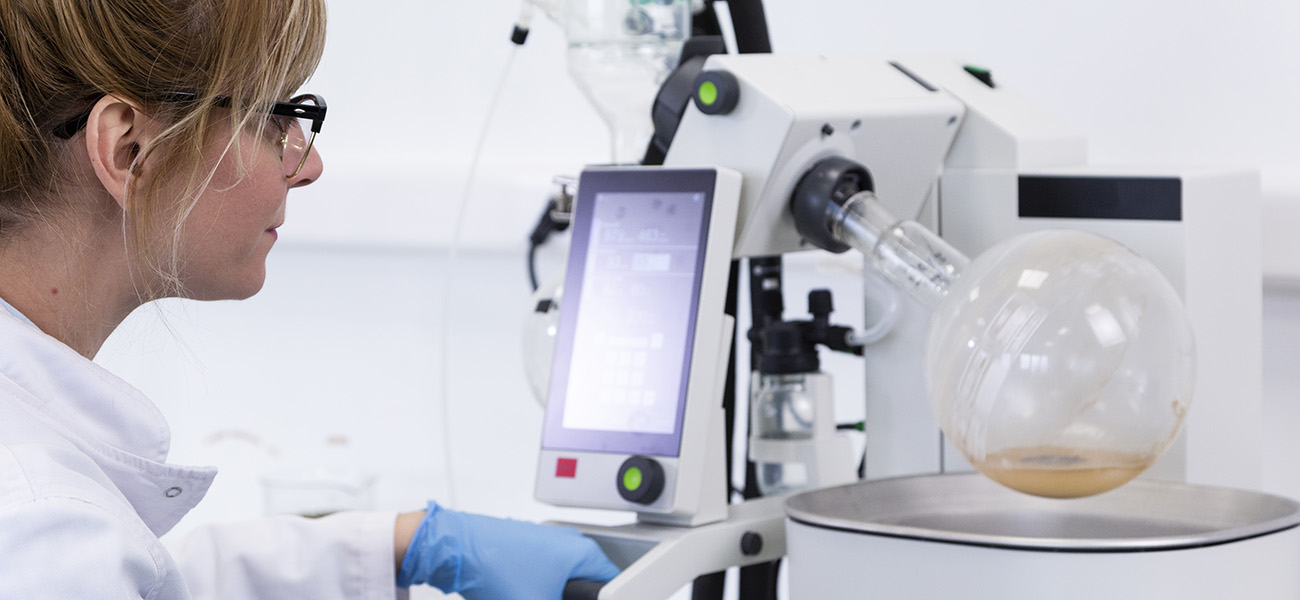
Once evaluated the available sources of raw material, UNIMIB and FLANAT coordinated to develop a first extraction process of secondary metabolites from the various agro-industrial matrices. The UNIMIB team of plant biologists and biochemists was involved in evaluating laboratory-scale extraction methods capable of implementing certain classes of compounds without requiring complex and costly procedures.
UNIMIB also worked to evaluate whether a pre-treatment step of vegetable waste could increase the extraction yields of certain compounds. For example, in the case of the artichoke, fructo-oligosaccharides and inulin were considered. Stem, more leathery outer leaves and inner artichoke leaves were chopped through various processes and dried to optimize the extraction of sugars. The pre-treatments have the aim of weakening and breaking the plant cells which have a thick cell wall, thus allowing the release of fructans. Two different extraction protocols were then developed: one with sodium-citrate buffer, the other with the use of deionized water. An optimization of the method was then carried out in order to improve the extraction yields, leading to 70% fructans. Also in this step it was essential to evaluate the impact of extraction technologies on the cost of the final product.
UNIMI studied the biological activities of artichoke extracts and UNIMIB in human gastric and intestinal epithelial cells, in order to understand whether there was an anti-inflammatory effect in the gastrointestinal tract. The dry extract of artichoke leaves titrated at 5% in cynarin was subjected to the MTT cell viability assay, to evaluate its possible cytotoxicity on AGS gastric epithelial cells. Treatment for 6 hours with the extract did not show any cytotoxicity. We therefore focused on Caco-2 intestinal epithelial cells, which represent a good model to study the anti-inflammatory effect of plant-derived extracts in vitro. The extract, even at the highest concentration tested, was unable to inhibit the release of IL-8. The intestinal epithelial cells were then subjected to differentiation into enterocytes by incubation for 21 days in transwell media; at the end of the differentiation the treatments were carried out for 6 hours and also in this case the extract did not show any anti-inflammatory activity.

2016-2019



